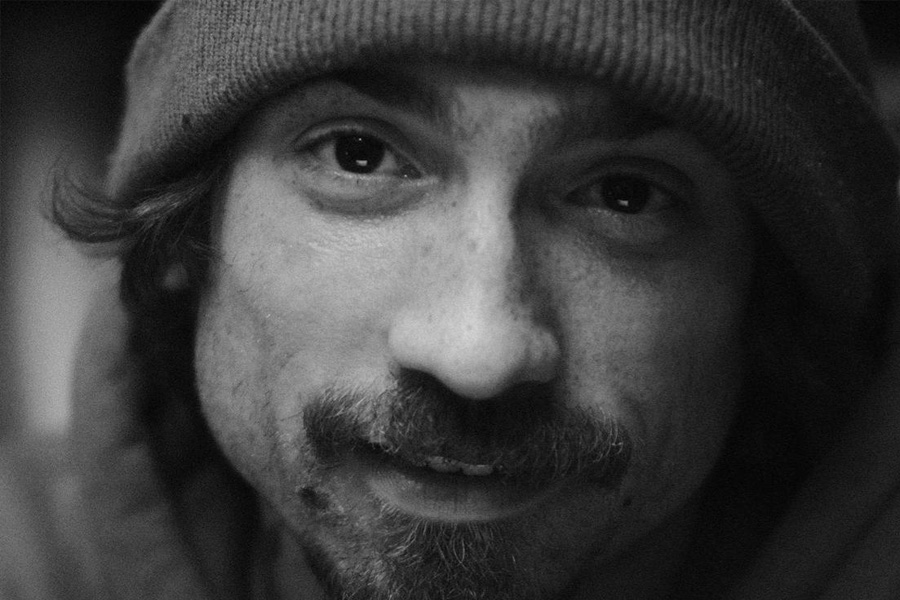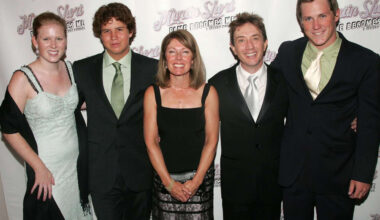Basic Information
| Field | Details |
|---|---|
| Full name | Jonathan Christopher “Chris” Roberts |
| Also known as | Chris Roberts; Jonathan Roberts |
| Born | October 19, 1951 |
| Died | April 29, 1989 (reported) |
| Age at death | 37 |
| Parents | Pernell Elven Roberts Jr. (actor); Vera Lillian Mowry Roberts (theatre scholar) |
| Siblings | None (only child) |
| Spouse/Children | Not publicly documented |
| Notable for | Only child of actor Pernell Roberts; remembered for a life cut short in a motorcycle accident |
| Residences (reported) | California; New York |
| Education (reported) | Franconia College (unconfirmed) |
| Occupation | Not publicly documented |
| Paternal grandparents | Pernell Elven Roberts Sr.; Minnie (Betty) Myrtle Morgan Roberts |
Family roots and early life
The story of Jonathan Christopher Roberts begins in a household where the stage light and the study lamp burned with equal intensity. Born on October 19, 1951, he arrived the same year his parents married, anchoring two vivid careers into a single family narrative.
His father, Pernell Elven Roberts Jr., was already on a path that would make him a familiar face across American television, most famously as Adam Cartwright on Bonanza and later as the title character in Trapper John, M.D. His mother, Vera Lillian Mowry Roberts, pursued academic rigor with a passion for the American theatre, shaping students and scholarship as a professor and department builder. Between these poles—celebrity and scholarship—Jonathan grew as an only child, a private figure within a very public constellation.
Family lore and public notes describe a boy and then a man who moved between coasts, with periods in California and New York reflecting the rhythms of his parents’ work. If the father’s world was a soundstage and the mother’s a seminar room, Jonathan’s own choices are largely lost to history’s quiet margins.
Education and reported studies
Secondary accounts frequently note that Jonathan attended Franconia College, a small, experimental liberal arts institution known for its open curriculum and independent study ethos during the 1960s and 1970s. While this enrollment is often repeated, formal institutional confirmation has not been widely circulated. Taken together, the picture suggests a young man coming of age in an era that prized exploration and personal reinvention, a time when education could be a self-directed voyage as much as a fixed itinerary.
Career and the public record
Unlike his father’s career, which unfolded in the full glare of the camera, Jonathan’s professional path is not well documented in public records. No comprehensive list of positions, public-facing projects, or major professional affiliations appears in mainstream directories. This absence doesn’t signal a lack of activity; rather, it reflects a life lived away from headlines, without the typical digital footprints that define modern profiles. The available public information leans toward family context rather than individual accomplishments, a reminder that some lives leave whispers instead of echoes.
A life cut short
The starkest entry in Jonathan’s biography arrives in 1989: a motorcycle accident that ended his life at age 37. In the retellings that follow—family references, remembrances, and biographical sketches of his father—the loss becomes a hinge in the Roberts family story. Those who knew Pernell Roberts professionally often recall him as principled and exacting; the private grief of losing his only child is mentioned as a wound he carried thereafter. For readers decades later, the details remain sparse, yet the sense of tragedy is unmistakable, like a final chord that lingers after the stage lights fall.
Family members at a glance
| Name | Relation | Notability | Notes |
|---|---|---|---|
| Pernell Elven Roberts Jr. | Father | Actor | Known for Bonanza and Trapper John, M.D.; recognized stage performer |
| Vera Lillian Mowry Roberts | Mother | Theatre scholar | Professor and theatre historian; builder of academic programs |
| Pernell Elven Roberts Sr. | Paternal grandfather | — | Remembered in genealogical and family records |
| Minnie (Betty) Myrtle Morgan Roberts | Paternal grandmother | — | Documented in family memorials |
| Jonathan Christopher “Chris” Roberts | Self | — | Only child; died in 1989 motorcycle accident |
Selected timeline
| Year/Date | Event | Context |
|---|---|---|
| 1951 (Oct 19) | Birth of Jonathan Christopher Roberts | Arrives the same year his parents marry |
| 1951 | Marriage of Pernell Roberts and Vera Mowry | Union of a rising actor and a theatre scholar |
| 1950s–1970s | Reported residences in CA and NY | Mobility aligned with parents’ careers |
| 1960s–1970s | Reported studies at Franconia College | Frequently mentioned in secondary accounts |
| 1989 (Apr 29, reported) | Death in motorcycle accident | Age 37; a defining family loss |
A portrait in context
To understand Jonathan’s place in the Roberts family is to study contrast. On one side, the father’s public persona—square-jawed and principled on screen, outspoken and independent off it. On the other, the mother’s method—careful, archival, dedicated to the patient assembly of theatre history. Jonathan stood between these worlds, tied by affection and biography to both. He did not publish; he did not tour stages or star in broadcast schedules; he did not leave a ledger of public achievements to parse. Instead, his life reads like a private chapter in a public book, significant not because of what can be searched, but because of how those closest to him remembered him.
There’s a kind of dignity in that privacy. Many families carry a story like this: the child who stayed out of the spotlight while standing at the center of the family’s affections; the one whose absence reshapes every room. If fame is a lighthouse, Jonathan’s memory is the lantern in the window—smaller, steadier, guiding those who knew him back to who they were together.
What remains known
- Only child status is consistently noted, reinforcing the singularity of his role in the Roberts family line.
- His death in 1989 is recounted in family narratives and retrospectives about his father’s life and career.
- Education and residence patterns fit a generation shaped by both artistic ambition and academic inquiry, though the specifics remain limited in public documentation.
The result is a human outline: dates that bookend a life, a cluster of familial names, and a few lines of inference about how a person navigates the space between celebrity and scholarship. Even without a long public record, the story resonates. Not every life fills a marquee. Some leave a steadier light—brief, perhaps, but unmistakably warm.
FAQ
Who were Jonathan Christopher Roberts’s parents?
He was the only child of actor Pernell Elven Roberts Jr. and theatre scholar Vera Lillian Mowry Roberts.
When was he born?
He was born on October 19, 1951.
Did he have any siblings?
No; he is consistently described as the couple’s only child.
How and when did he die?
He died in a motorcycle accident in 1989, with April 29 often cited for the date.
Did he attend college?
It is frequently reported that he attended Franconia College, though formal confirmation is not widely available.
What was his occupation?
There is no well-documented public record of a specific, sustained occupation.
Did he marry or have children?
No public documentation confirms a spouse or children.
Where did he live?
Accounts place him in California and New York at various times, reflecting his parents’ careers.
Who were his paternal grandparents?
His paternal grandparents were Pernell Elven Roberts Sr. and Minnie (Betty) Myrtle Morgan Roberts.
Why is he mentioned in accounts of his father’s life?
His early death is often noted in retrospectives and biographies about his father, marking a profound personal loss within the family.





